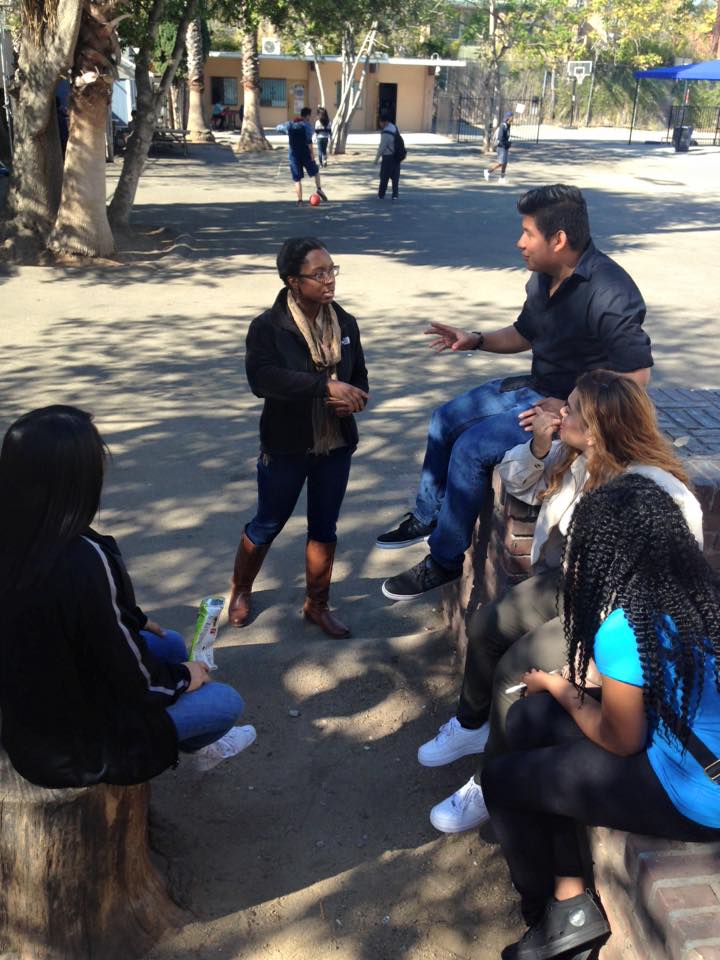
The wide disparities in health among underserved communities necessitated the inception of YHW in Los Angeles. The Los Angeles County Department of Health Survey reveals that 29.3% of Latinos, 22.1% of African Americans, 21.7% of Asians, and 19.1% of American Indians report they are in poor health, compared to 12.5% of white Americans. Disparities in the incidence and survival of diseases are also evident.
Reasons for these disparities are attributed to issues regarding access to healthcare and factors related to the social determinants of health such as: socio-economic (lack of insurance, poor education), cultural (language barriers, distrust in healthcare system, lack of cultural competence among providers, religious beliefs), and system-level factors (use of inappropriate information channels, no usual care physician, provider delay in diagnosis and treatment). Research suggests that these access barriers can be reduced by factors such as the availability of information, family support, and the availability of good local services with clear pathways of access.
YHW serves to lift these barriers by educating teens to disseminate vital healthcare and advocacy information to their families, peers, and wider communities. Based on the transtheoretical model of behavior change (Prochaska, DiClemente, & Norcross 1992), the youth serve as community health workers and are empowered to affect change toward their own health and healthcare by training the social unit (family, peers, wider community) necessary to maintain the new health behaviors.
